Tags: SARS-CoV-2

Hearing Loss and COVID-19: Scientists Found that SARS-CoV-2 Could Infect Two Types of Cells in the Inner Ear
Carbon Nanotubes: Novel Sensor That Can Detect SARS-CoV-2 Developed; Results in Just a Few Minutes

COVID-19 Investigation in China Bat Caves Rejected, WHO Cannot Probe Hubei Wildlife Due to Tourism

COVID-19 Delta Variant Don’t Put Children at Risk for More Severity; Kids More Affected With Alpha Strain
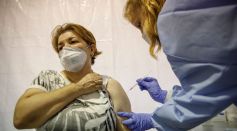
COVID-19 Delta Variant Symptons and Complications:When Is a Patient Most Infectious? How Fatal Is It?
Bats in Laos Carry Coronavirus Sharing Similar Features With SARS-COV-2, Scientists Closer to Pinpointing COVID-19 Cause

Novel Virus-Like Nanoparticle Vaccine Offers New Approach of Protection Against COVID-19
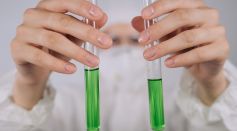
New Zealand Prevents COVID-19 Delta Variant Outbreak With Real-Time Genome Sequencing
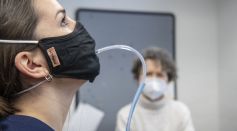
New Copper-Infused Face Mask Developed to Improve Protection for Tourism Frontliners, Entire Hospitality Industry
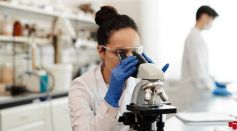
Why Are There Different Variants of COVID-19? Pathology of SARS-CoV-2 Studied to Identify Genetic Evolution
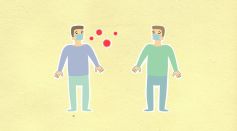
COVID-19 Delta Variant Incubation Period: Why Is It So Dangerous and How Mutations Made This Variant
Sumatran Tigers in Indonesia Recovering From COVID-19, Cause of Coronavirus in Animals Still Unknown
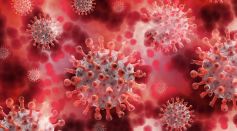
Deleted SARS-CoV-2 Data From Wuhan Finally Recovered After a Year to Shed Light on the Origins of COVID-19
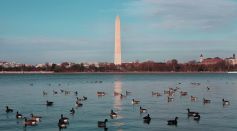
DC Health COVID-19 Update: 'Minimal' Breakthrough Cases Recorded, Less Than 300 Delta Variant Cases Confirmed

Coronavirus and Cognitive Decline: Does COVID-19 Decrease Intelligence?

One of Nine Lions Infected by COVID-19 in Indian Zoo Dies, Study Says Transmission of SARS-CoV-2 from Human to Animals Possible
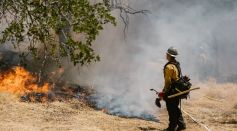
Wildfire Smoke Concentration Enhances SARS-CoV-2, Makes Our Health Vulnerable to Coronavirus
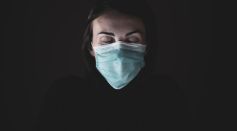
Experts Develop Breathalyser For Easy Virus Testing, But Can Breath-Based Tester Detect COVID-19 Accurately?
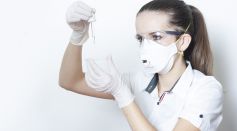
Wuhan Lab Leak Theory Allegedly True; Scientists Claim Genetic Sequence Shows COVID-19 Originated from Lab

Mink Farms Will Be Banned in the US to Prevent Possible Coronavirus Mutation
Most Popular

Persistent Coughs Are Everywhere: Here's What Experts Think Is Causing It

Ancient Hotspot Found to Have Created Great Lakes 300 Million Years Ago

Mysterious Structures Discovered Beneath the Pacific Ocean, Puzzle Scientists

Health Benefits of Drinking Hot Chocolate





